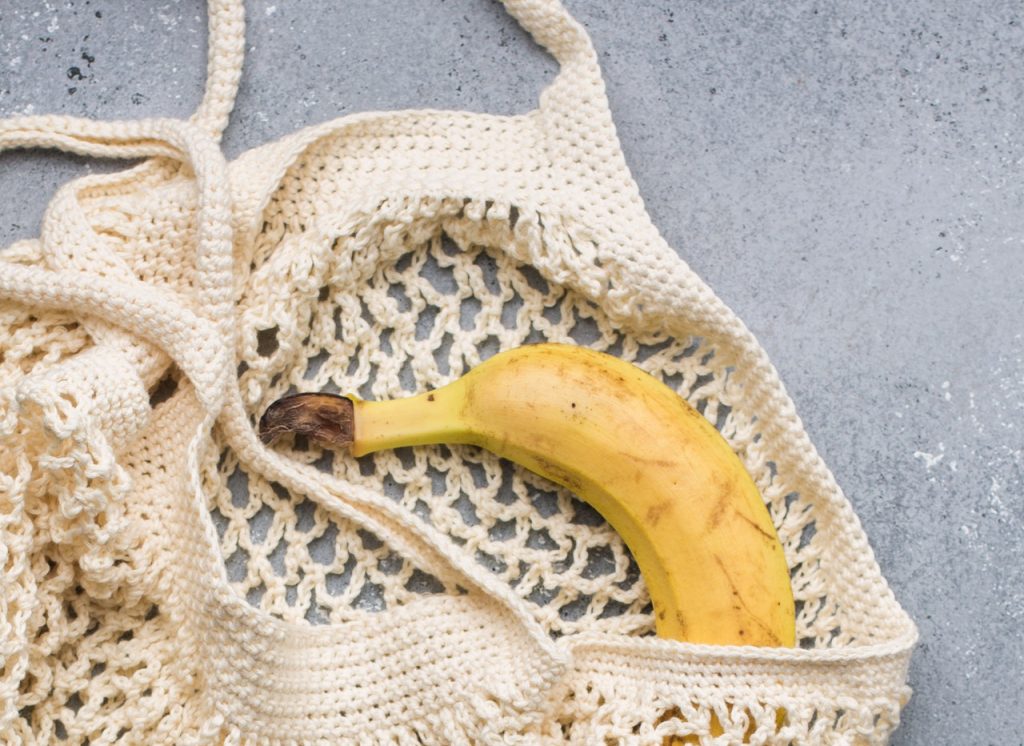Did you know?
Only 15% of Americans regularly wash their reusable grocery bags, creating a breeding zone for harmful bacteria, including Norovirus, Salmonella, and E. coli.
Regular washing reduces the numbers of bacteria in reusable bags by 99.9%.

Learn more at: www.foodsafety.gov
Many people now use reusable bags for grocery shopping as a way of protecting the environment and in some cases, saving money when stores charge for plastic bags. Since plastic shopping bags are not biodegradable, they can pollute the environment for years because they do not breakdown naturally.
Unfortunately, there is a potential risk of food contamination and illness due to continuous use of unclean reusable grocery bags. Meat, poultry juices, and soil from unwashed produce can cause shopping bags to become contaminated.
Keep Reusable Bags Clean and Safe
At Home
- Regularly wash your bags in the washing machine or by hand with hot, soapy water. Dry thoroughly.
- Because warm temperatures can promote the growth of bacteria, store bags in a clean, cool location.
- To reduce cross-contamination, clean areas where you unload reusable bags, such as the kitchen counter or table.
- Do not use reusable grocery bags for other purposes. Bags used for groceries should be used only for food!
At the Store
- Put meat, poultry, and fish in disposable plastic bags before placing in a reusable bag to prevent juices from leaking and contaminating the bag or other food items.
- Use a separate reusable bag for fresh or frozen raw meat, poultry and fish to avoid cross-contamination with produce or ready-to-eat foods.


